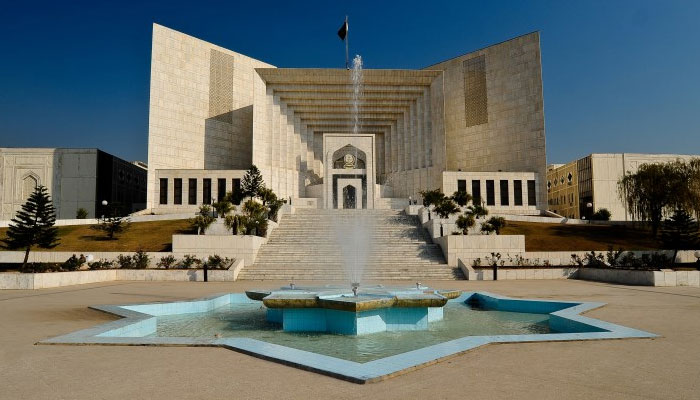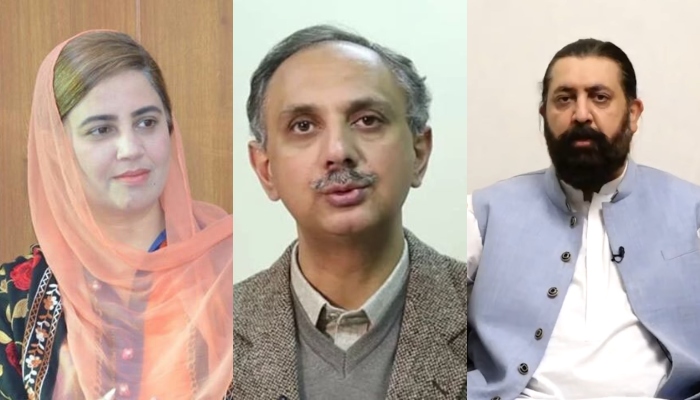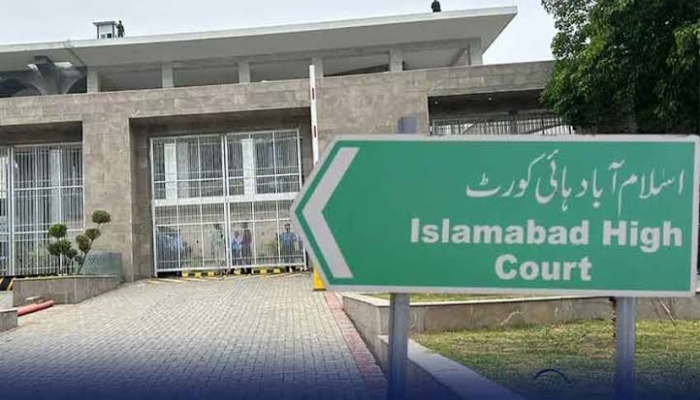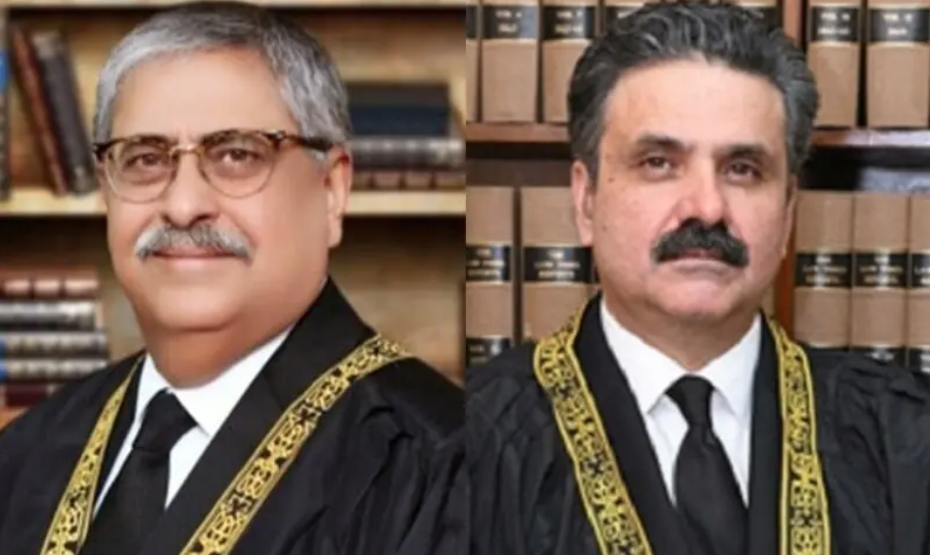LEGAL
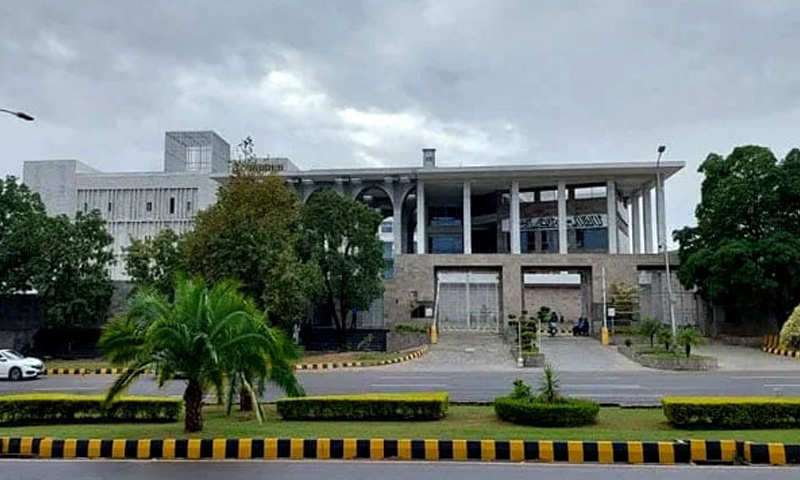
The Islamabad High Court (IHC) on Wednesday ruled that the executive must consult the judiciary in the appointment, transfer, and dismissal of judges, reinforcing the independence of Pakistan’s judicial system.
Justice Babar Sattar issued a 73-page judgment, emphasizing that the three pillars of the state – legislature, executive, and judiciary – are independent and none holds supremacy over the others.
The ruling stated that any law or administrative act undermining judicial independence is unconstitutional and invalid, and that the subordinate judiciary is entitled to the same constitutional protections as the higher judiciary.
The court highlighted that the conditions of service of judges must ensure they exercise their powers independently, impartially, and free from external pressure. It further mandated that the federal government exercise authority over appointments only after consulting the Islamabad High Court.
The IHC also criticized the practice of bringing judges on deputation from provinces, stating it affects judicial autonomy. The court instructed the government to amend the rules regarding appointment, tenure, and dismissal of judicial officers, and until such amendments are enacted, all judicial postings must be made in consultation with the Supreme Court or the IHC.
The decision clearly stated that any appointments, transfers, or dismissals carried out without judicial consultation would be deemed illegal. The court directed the Ministry of Law and Justice and the Cabinet Division to circulate copies of the judgment.
This landmark ruling is seen as a significant step toward strengthening judicial independence in Pakistan and ensuring checks and balances between the state’s institutions.

